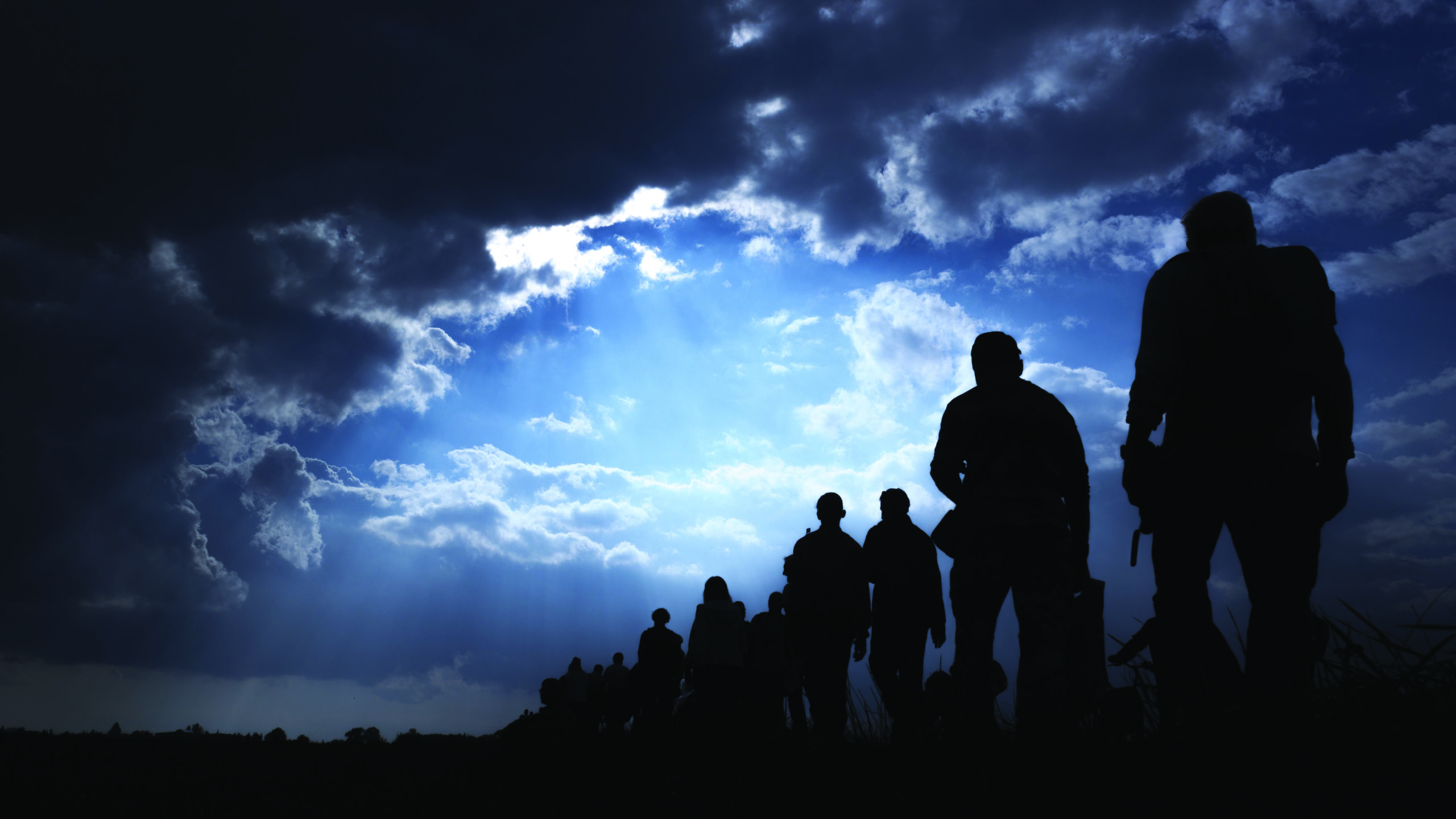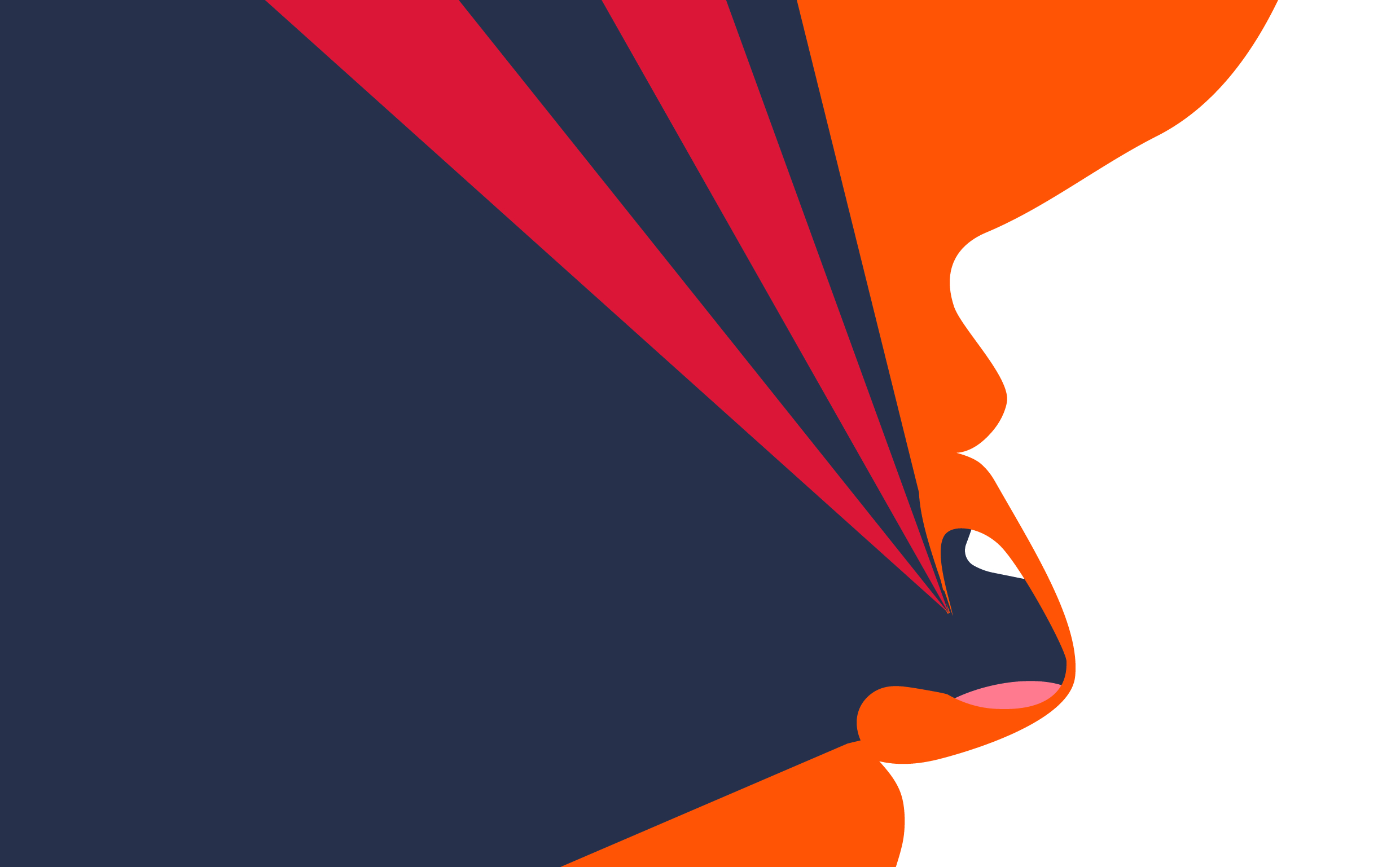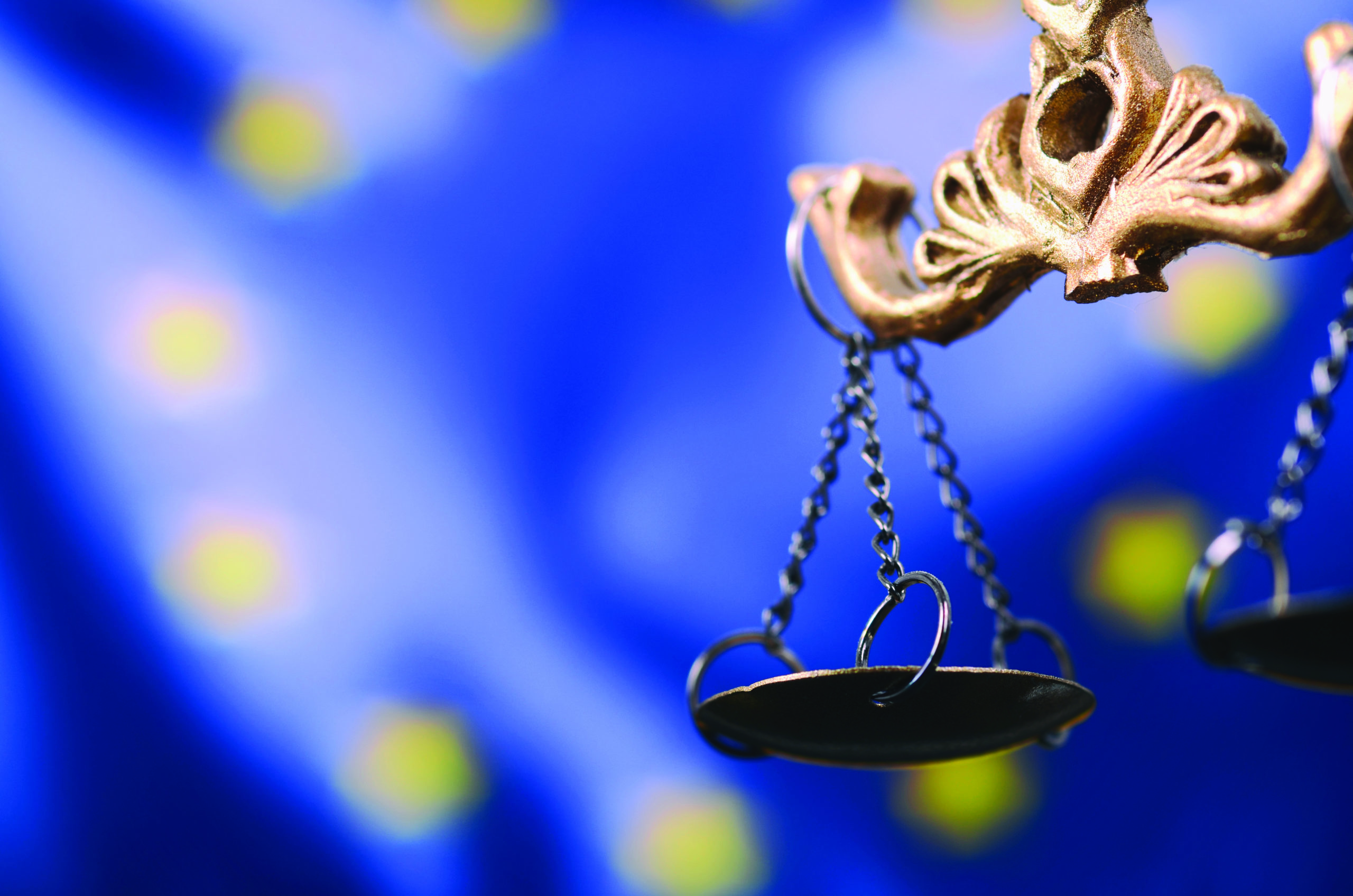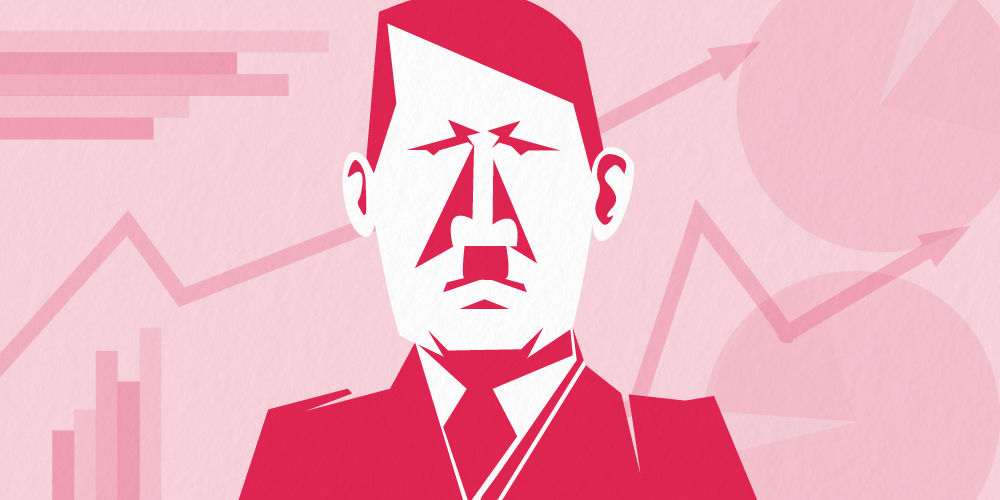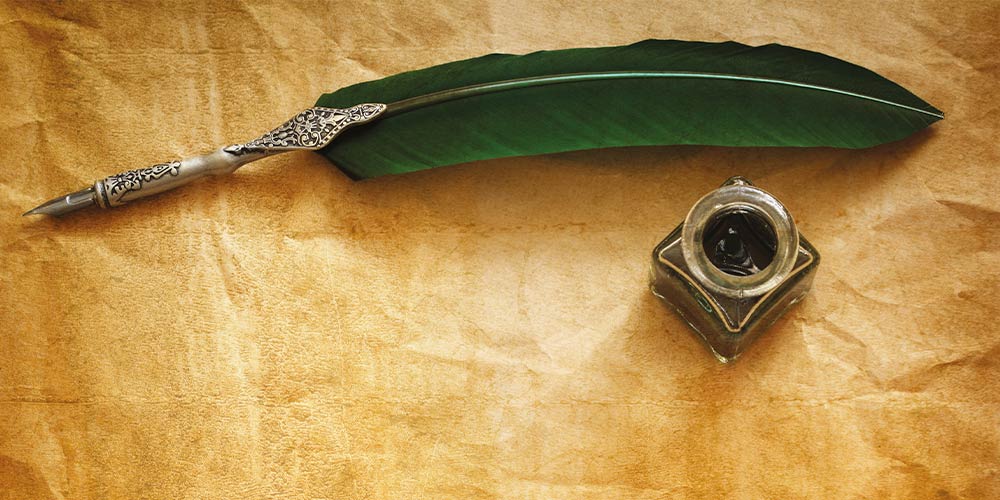Two years after Cisse’s murder, which was ostensibly motivated by racial hatred given that neither of the shooters knew anything about the victim except his skin colour, the report remains a secret.
Continue readingBellowing from the Rooftops
It’s a topsy turvy ole world isn’t it? One moment we’re not allowing certain plays to be staged, the next there are journalists being locked up in a room in Castille, and before we know it, Donald Trump is banging on social media’s door asking to be let back in.
Continue readingImplementation of EU Law in Malta
Upon accession into the European Union (EU), Malta vowed to incorporate the entire body of European Union law (known as the acquis) into its legal system. It has been one of the fastest member states to do so, but has it been done properly? THINK magazine’s John Crossan interviews Dr Jelena Agranovska and Dr Ivan Sammut (Faculty of Laws, University of Malta).
Continue readingMaking home ownership easier for everyone
Dardingli is the brainchild of Beatriz Rodriguez Sanz and Xabi Rivera, two people from very different professional and personal backgrounds. They struggled to find a home, a common problem in Malta, so they decided to solve the island’s real estate woes. Inna Korchilava from THINK magazine finds out more.
Continue readingDictating the Market
What is it about a story that can make us so invested? Antónia Ribeiro muses over marketing, emotions, and Nazis under the light of Dr Mario Cassar’s research in storytelling.
Continue readingA lifetime worth of stories
Like a painting, society is created out of different, colourful brush strokes of social, legal, economic, political, and religious aspects. The work of notary Bernardo Maria Callus depicts the changes and developments, traditions and values, and aspirations of the Order of St John’s as well as Maltese individuals’ needs. The acts of notary Callus are important for the study of continuity, change, and interaction in mid-eighteenth century Hospitaller Malta.
Continue readingA Promising Early Career Researcher
Though she did not take the easiest path, a desire for new knowledge and the application of mathematics in complex problems has led Dr Martha Borg to critical acclaim in the field of theoretical chemistry. Here she tells Becky Catrin Jones how she fought through many challenges to achieve her goals.
Continue readingPutting a Price Tag on Quality of Life
Alternative measures for a country’s success beyond measuring Gross Domestic Product (GDP) are needed. Wellbeing and quality of life do not always follow from economic growth. This realisation goes as far back as the 19th century. Air pollution triggered one of the first societal shifts to improve the environment. The factories of the Industrial Revolution blanketed cities like London in smog, which as early as 1891 led to urgent and severe government action in the form of the Public Health Act. Polluting businesses faced financial penalties unless they cleaned up their act. Air pollution in London has decreased ever since.
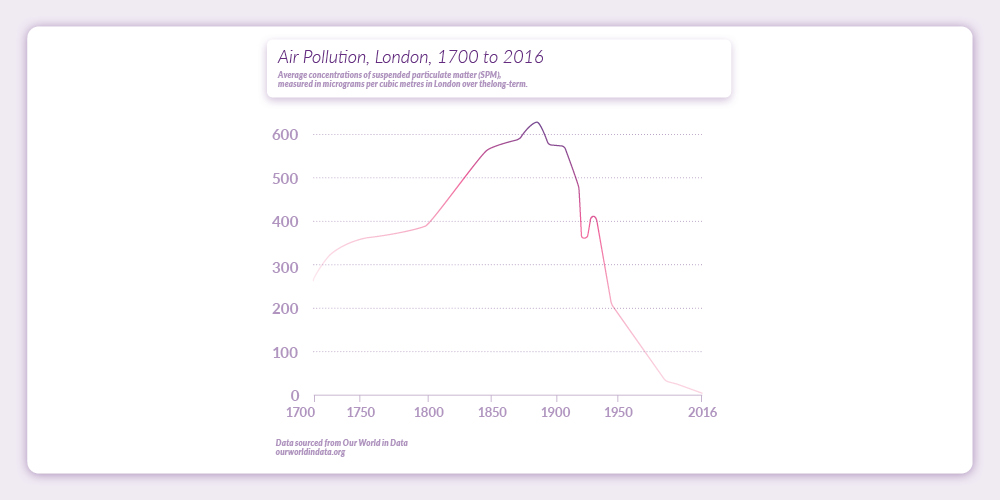
This brings us back to how GDP can be replaced as a measure of a country’s success. Quality of life and wellbeing are hard to measure; however, they are important to measure since they also have a tangible impact on the economy. Unhappy and unhealthy people inflate a country’s healthcare costs, and stressed workers produce poorer quality work. A community rendered unrecognisable due to rampant overdevelopment has consequences on people’s sense of place, purpose, and identity.
One of the world’s leading reinsurers, Swiss Re Institute, recently released its Biodiversity and Ecosystem Services Index, explaining that 55% of global GDP is dependent on ecosystem and biodiversity services. Malta is listed in the top five countries at risk of ecosystem collapse as a result of a decline in biodiversity services — worrying news for Malta. This index demonstrates that progress is being made to understand the relationship between our environment, our financial success, and our wellbeing in ways which many would not have imagined a few decades ago.
Our economies have been built on the assumption of eternal abundance. As we push up against our natural limits, we are no longer plucking wild fruit, but we are robbing and harming our neighbours, even when this is not immediately obvious. Take deforestation of the Amazon, which directly impacts every person on Earth. Such consequences mean that we must redefine where we consider our rights to begin and end. Short-sightedness and short-term gains lead to the Tragedy of the Commons, where everyone ends up losing when instead everyone could have gained.
The European Union is trying to rebalance things internationally. Its Carbon Border Adjustment tool will penalise unsustainable products entering the EU’s single market from third countries. Such policy instruments are being increasingly refined and adopted, but not quickly enough. To prevent ecosystem collapse and reduce climate change, we must start recognising the true value of our natural resources today, not tomorrow. Malta certainly has the potential, as a small country, to be a leader and set an example for others to follow.
Gathering kuraġġ to stand up against bullies
Malta’s first anti-bullying NGO, bBrave, has recently launched its mobile application to raise awareness on the different faces of bullying. The all-volunteer-run organisation, thanks to the supporting help of members and sponsors, is spearheading education into bullying, helping those individuals in need. By Christian Keszthelyi.
Continue readingContent for free
Librarians and pirates the world over have started a controversial movement to make access to academic research free. Veronica Stivala heads underground to find out more.
Continue reading
